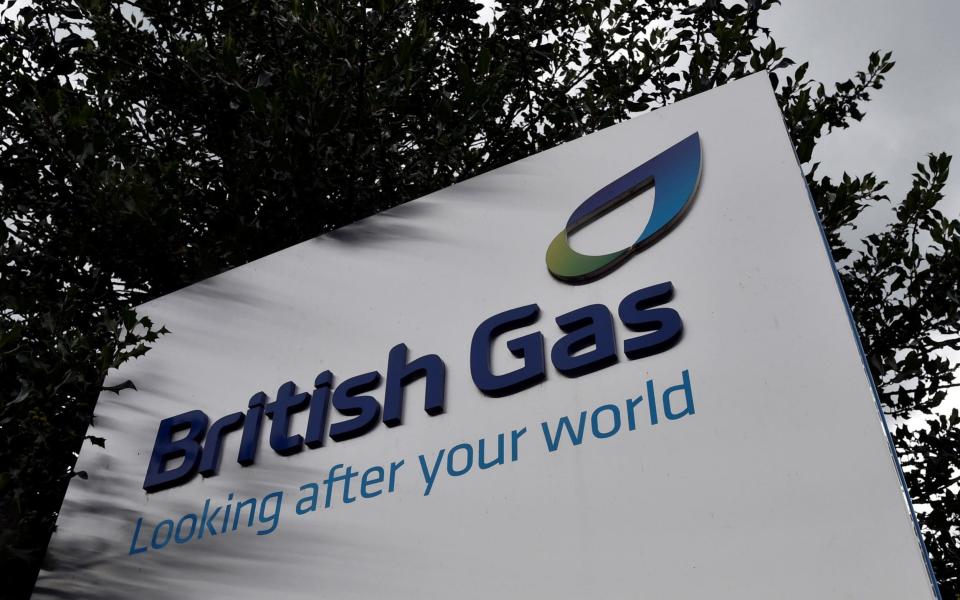One Select collapses: but ditching the Big Six could still save you £150 a year

Energy customers are being urged not to let a series of utility company collapses put them off switching to a less-known name.
One Select is the latest to fold, leaving its 36,000 domestic customers in the lurch. It is the eighth supplier to cease trading in 2018, a record number, as firms have been hit by increases in the underlying cost of energy.
The rises have laid bare the fragile finances of some of Britain's army of almost 80 suppliers. And customers seem to be paying attention. Analysis from switching site Energyhelpline reveals that 51pc of switchers opted for a so-called Big Six supplier – despite those companies accounting for just six of the cheapest 100 deals.
The cheapest Big Six deal is also £150 costlier than the cheapest deal overall, while on average smaller suppliers are £34 cheaper each year.
But many, perhaps perturbed by the half a million customers who have seen their energy firm collapse this year, continue to shun smaller suppliers.
Greg Jackson, of Octopus Energy, said: "Newer energy companies top all the league tables for satisfaction and value. The protections in place mean you are definitely better off choosing a challenger than living with poor service and bad value."
Victoria Arrington, of Energyhelpline, said: "The energy market has become highly competitive in recent years, and ballooning wholesale prices mean that some suppliers simply aren’t able to compete.
"That said, there are small suppliers out there who are renowned for their service – in fact, small suppliers often top the service rating tables. In addition, there are some great deals out there from suppliers of all sizes."
Why are people shunning small suppliers?
Just six of the best 100 energy deals come from Britain's biggest firms. So why do so many switchers shun the smaller suppliers?
Mark Todd, of Energyhelpline, said many consumers are still wary of moving to a company they’ve probably never heard of, but industry safeguards mean your lights will never go out.
He added: “The important thing is you’ll always get your power. Even if the supplier goes bust, you’ll never lose your supply.”
The most obvious benefit to a smaller supplier is the price. They tend to be cheaper, according to Mr Todd, as they are able to make cutbacks elsewhere.
Mr Todd said: “Some are set up to be more Ryanair than British Airways, some are set up to be green or ethical, some are just set up to be really cheap. They might have a shoestring staff or have a cheap location – one we visited was based in the back of a Scout hut.”

There are benefits of being with a Big Six supplier. One of the downsides of a small company is they may have made savings in areas such as customer service or administration.
Mr Todd said: “What you will get with one of the big companies is online meter readings and call centres that are open 24 hours.
“The big suppliers have been in the game for 20 or 30 years so they do know what they are doing, but that doesn’t automatically transfer into better service.”
What happens if my supplier goes bust?
The most important point is that you will not see your power cut off. Ofgem's safety net ensures that no customers lose their gas or electricity because the company providing it goes bust.
The regulator will then find a new supplier which is able to take on the stranded customers. The rate you pay will be negotiated by Ofgem and is likely to be far higher than the cheapest deals on the market.
You don't need to do anything and once the switch is fully processed you can either negotiate a better deal with the new supplier or shop around and move.
Switching is easy to do and can save the average customer hundreds of pounds a year. A guide on how to do this is available here.
Things become trickier if either you owe the old company money, or your account was in credit.
If you were in debt to your old company then whether you will still need to pay this will depend on the specific circumstances.
The new provider may have agreed to take on any debit on accounts, in which case you will need to pay them as usual. If this has not happened then you may need to pay the old company or its administrators.
Similarly, if your account was in credit then the new supplier will pay this back.

 Yahoo Finance
Yahoo Finance 